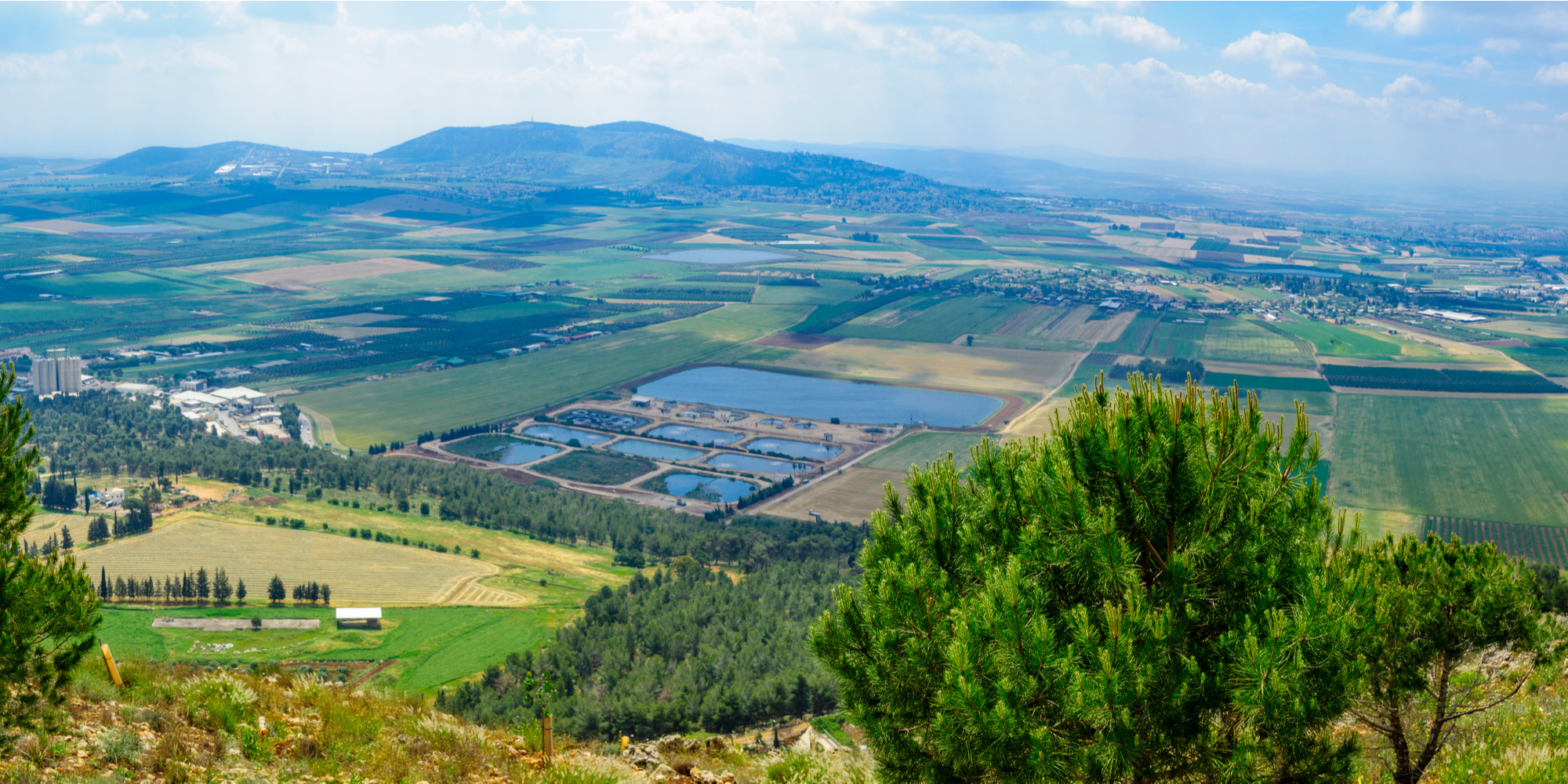
In the heart of Israel's lush countryside, nestled amidst rolling hills and fertile valleys, lies the epitome of communal living: the kibbutz. A symbol of unity, resilience, and collective spirit, the kibbutz embodies the founding principles of Israel's pioneering spirit and the aspirations of its early settlers.
Origins and Evolution
The concept of the kibbutz emerged in the early 20th century as Jewish immigrants sought to create agricultural communities based on socialist principles of equality and shared ownership of resources. Founded on the belief in the transformative power of labor and communal living, the kibbutzim became an integral part of the Zionist movement, contributing to the establishment and development of the State of Israel.
Initially focused on agriculture, kibbutzim evolved over the decades, diversifying their economic activities to include industry, tourism, and high-tech ventures. While maintaining their communal ethos, many kibbutzim adapted to changing societal and economic dynamics, embracing innovation and entrepreneurship while preserving their collective heritage.
Community Life and Values
At the heart of every kibbutz lies a close-knit community bound by shared values of cooperation, mutual support, and social responsibility. Residents, known as kibbutzniks, work together to manage all aspects of daily life, from agricultural production and industrial operations to education, healthcare, and cultural activities.
Communal dining halls, shared living quarters, and collective decision-making processes foster a sense of belonging and solidarity among members. Work assignments are based on individual skills and interests, with everyone contributing to the common good and sharing in the fruits of their labor.
Education and Culture
Education plays a central role in kibbutz life, with an emphasis on fostering intellectual curiosity, creativity, and social awareness. Many kibbutzim operate their own schools, which prioritize holistic development and critical thinking skills, instilling a strong sense of civic duty and environmental stewardship in the younger generation.
Cultural activities, including music, theater, and art, flourish within kibbutz communities, providing residents with opportunities for self-expression and enrichment. Festivals, celebrations, and communal gatherings further strengthen bonds among members, reinforcing the kibbutz's collective identity and heritage.
Challenges and Resilience
Over the years, kibbutzim have faced numerous challenges, including economic fluctuations, demographic shifts, and geopolitical tensions. Globalization and modernization have prompted kibbutzim to reassess their traditional models of communal living, leading to reforms aimed at ensuring sustainability and relevance in the 21st century.
Despite these challenges, the spirit of the kibbutz endures, as residents continue to uphold the values of solidarity, egalitarianism, and social justice. Through innovation, adaptation, and a deep commitment to their shared ideals, kibbutzim remain vibrant centers of community life and symbols of Israel's pioneering spirit.
Conclusion
In an ever-changing world, the kibbutz stands as a testament to the power of collective action, cooperation, and shared purpose. With its rich legacy of innovation, resilience, and community-building, the kibbutz continues to inspire generations of Israelis and people around the world, embodying the timeless values of unity, equality, and mutual support.
Explore tours by category



